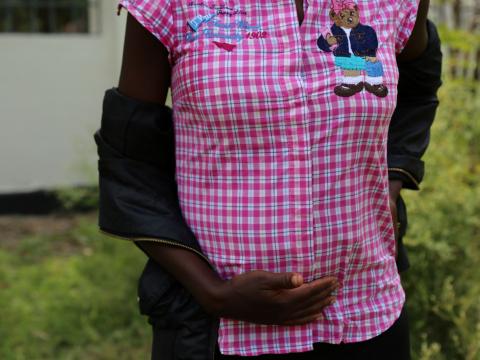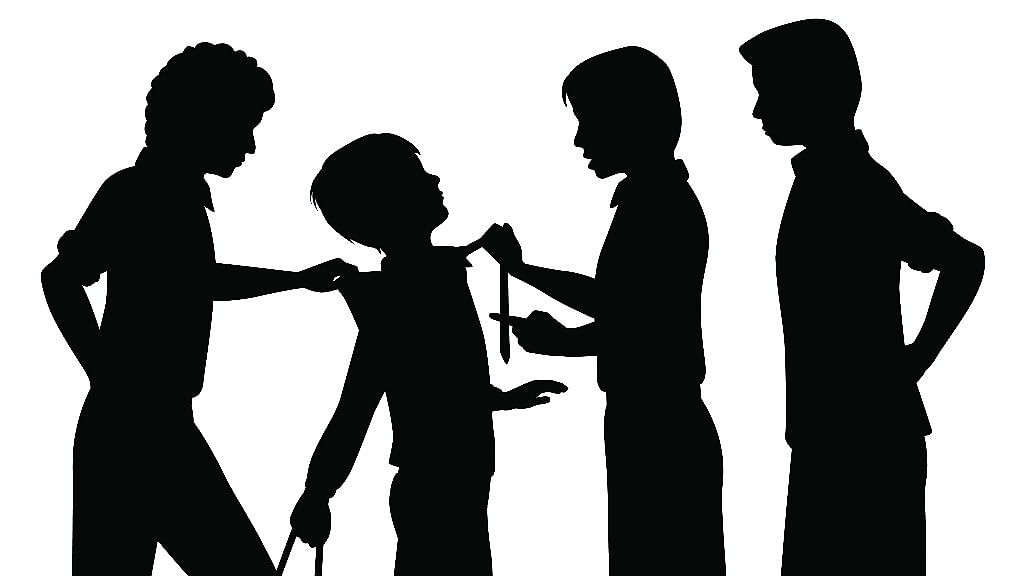Child Psychology: Understanding Your Toddler’s Mind

Understanding child psychology is one of the most important tasks for parents. While scolding or hitting a child could be the first response to a certain behavior, taking time to understand ‘why’ a child acted as they did is very important.
Child psychology involves understanding a child’s behavior or reaction by delving into the attitudes, thought processes and emotional expressions that evolve throughout different stages of childhood.
These aspects that include mental, behavioral and emotional dimensions, are shaped by biological, social and cognitive processes.
As the child grows, their thinking, feelings and behaviors evolve, reflecting their psychological development.

Mercy Mwania, a Psychologist at Sparked Conversations, in an exclusive interview noted that the different developmental stages are characterized by different physical, cognitive and emotional milestones that are easily detectable to the parent.
“Children go through various stages of development including early childhood, middle childhood, and adolescence, understanding these stages help in recognizing normal development patterns and identifying any deviations,” said Mwania.
Parents should vigilantly observe changes in their children’s behavior to better understand their unique personalities and provide a supportive environment that promotes healthy development.
Parents can observe their child’s body language, their eating habit changes for a particular time, their social interactions with other children and their expression of joys and sorrows.
According to the psychologist, a child’s psychology shapes the way they behave around people and react to different life situations.
“Early childhood and pre-school years which is up to 6 years are important in shaping a child’s future therefore they should not be misunderstood and parents should be keen to correct any habit that might affect their personality and behavior,” said Mwania.
She further broke down the different reactions that may raise concerns to the parent if observed over time.
Body language

In infancy and early childhood, that is, before acquiring a language, children heavily rely on nonverbal cues such as facial expressions, gestures and body movements to convey their needs, emotions and intentions.
Parents can observe physical signs such as restlessness and fidgeting, clenched muscles, fatigue, sleeping difficulties and stomach aches or headaches that happen without a medical cause.
“Child behaviors can vary depending on their age and individual temperament therefore, parents should be on the lookout for physical, behavioral, cognitive and social signs,” added Mwania.
She clarified that not all body language is negative and that sometimes a child can be jumpy to indicate joyfulness.
A child eating habits
Picky eating, meal skipping, emotional eating and overeating are some eating habits that should be monitored to evaluate the general well-being of a child.
These habits may be caused by an illness, emotional distress, boredom, anxiety and a lack of awareness of hunger.
Expression of joys and sorrows
Mwania termed this as a very important way of understanding child behavior as it determines their attachment style and the environments they prefer to be in.
“The way a child expresses their joys and sorrows is potentially significant in child psychology as it gives insights into their emotional well-being and development,” stated the psychologist.
A child may express their joys through physical affection, celebratory behavior and laughter or they may express sorrow through agitation, crying, physical illness or isolation.
Peer Interactions
Observing how your child interacts with others during functions or play time helps you monitor their development in terms of behavior.
Mwania explains that peer interactions showcase a child’s ability to cooperate and navigate social rules.
“Play dates are important as they give room to develop friendships, build confidence and learn problem-solving through play,” said Mwania.
She advised parents to get closer to their children by understanding them better through taking opinions from them where necessary, actively listen to the child, communicate clearly and spend quality time with them.







